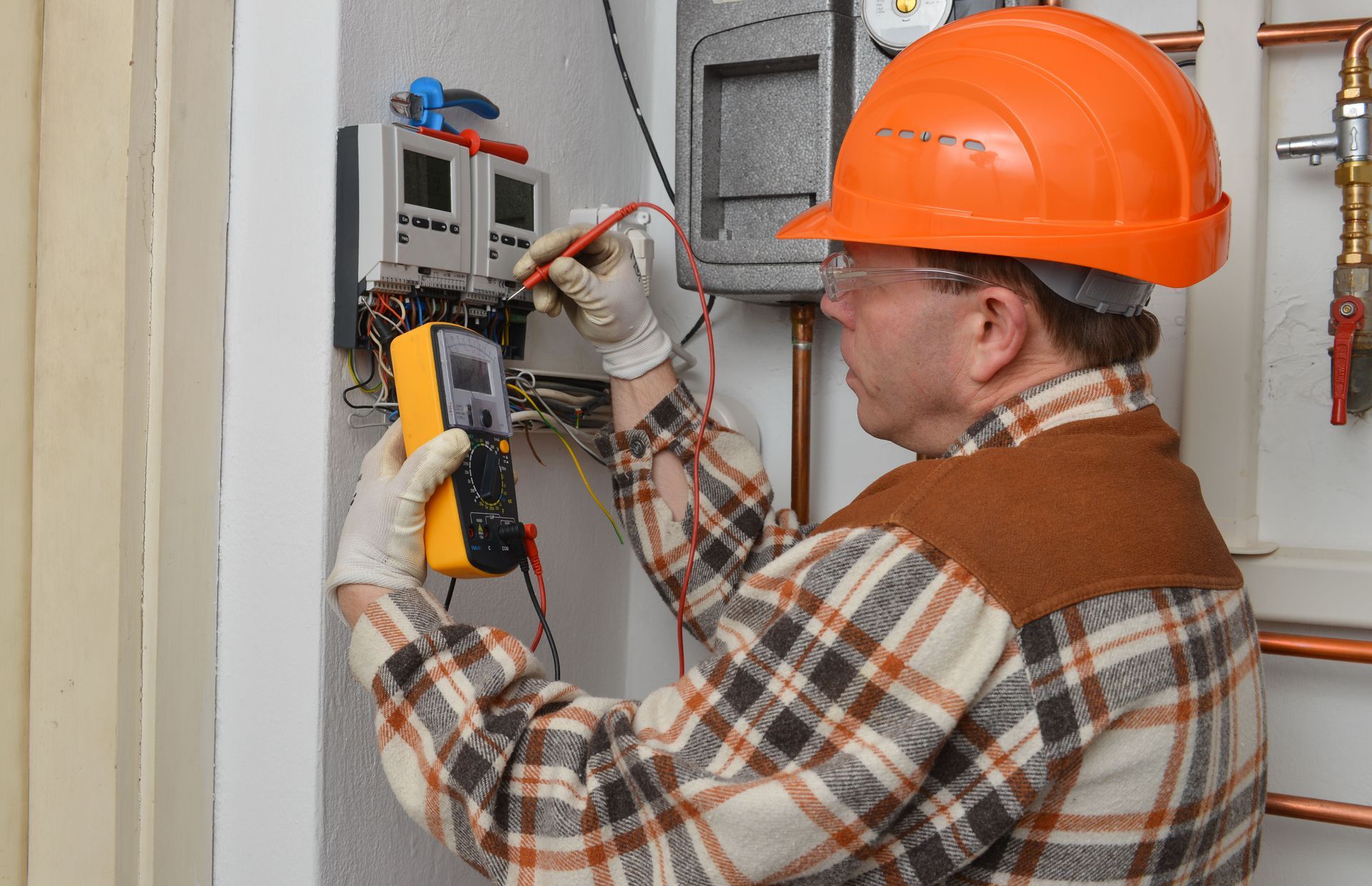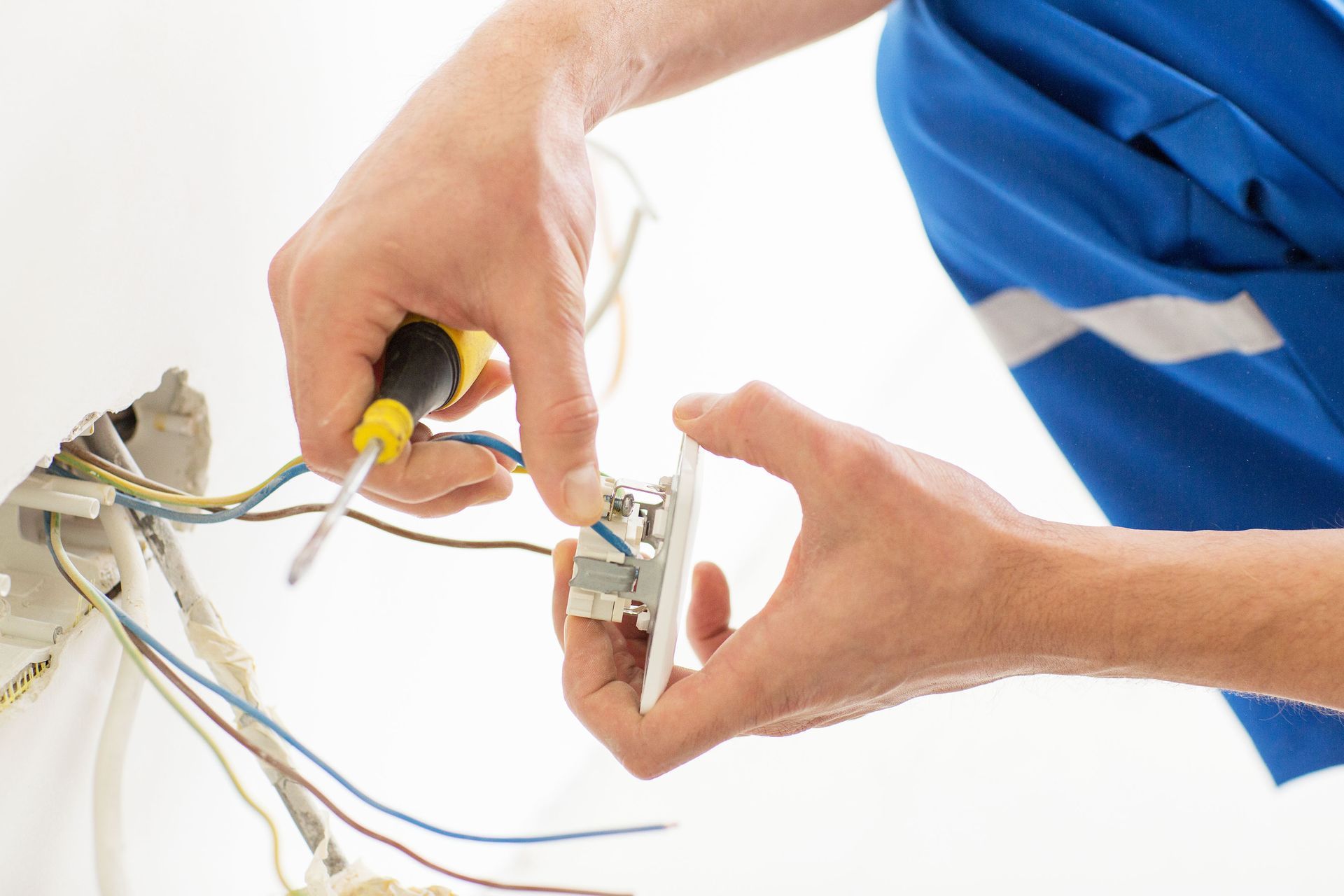Historical Insights Into Electrical Services
The story of electrical services is one of innovation and societal transformation. This narrative delves into the evolution of electricity from its nascent form to the highly sophisticated power systems of today. Understanding the path of electrical development illuminates the extraordinary impact these services have had on modern life. By examining key historical milestones, we appreciate how electricity shaped industries, homes, and national infrastructure. This article will explore significant eras in the chronology of electrical services, emphasizing critical innovations and their enduring significance.
The Dawn of Electricity
The discovery of electromagnetism in the early 19th century marked a pivotal moment in science and technology. Pioneers such as Michael Faraday and André-Marie Ampère laid the foundation for understanding the relationship between electricity and magnetism. Faraday's experiments established the principle of electromagnetic induction, leading to the development of electric generators. Ampère's work quantified the force between electrical currents, providing the basis for electrical engineering principles. These discoveries challenged existing perceptions and set the stage for the electrical revolution.
Electrical engineering emerged from the realm of experiments in the 19th century. Scientists and inventors began applying theoretical knowledge to practical devices, fostering innovation. The shift from understanding electricity as a scientific curiosity to a useful energy source was crucial. Electrical engineering saw the creation of devices like telegraphs and early electric motors. This period established a framework for future generations to harness electricity for industrial and domestic applications.
The introduction of centralized power generation was a groundbreaking advancement in the 1880s. Early power stations, such as Pearl Street Station in New York, pioneered electricity distribution in urban areas. These facilities utilized coal and steam to produce electricity, setting a precedent for future power plants. Technological innovations in these power stations facilitated the growth of the electricity grid, enabling wider access to power. The shift towards centralized electricity generation marked a significant step in transforming how society accessed energy.
Entrepreneurs like Thomas Edison and Nikola Tesla were instrumental in commercializing electricity. Edison's innovations, including the electric light bulb and the direct current (DC) power system, revolutionized lighting and energy distribution. Conversely, Tesla's advocacy for alternating current (AC) laid the groundwork for a more efficient power transmission system. These rival visions spurred technological debates, leading to significant advancements in electrical services. Entrepreneurs mobilized resources and talent, propelling the industry toward widespread adoption.
During the late 19th century, public perception of electricity shifted from skepticism to fascination. Initially, many people were wary of electricity's potential dangers, as it was new and unfamiliar. However, as electric lighting and appliances became more common, society began embracing this transformative technology. By the 1960s, significant advancements like the phasing out of fuse boxes in favor of circuit breakers made electricity safer and more reliable. The public gradually recognized electricity as an essential utility that improved the quality of life, prompting widespread adoption.
Electrical Services in the Industrial Age
The Industrial Age catalyzed the expansion of electricity networks in urban areas. As cities grew, so did the demand for reliable and ubiquitous power. Engineers and city planners coordinated efforts to build extensive electricity grids that supported industrial activities and urban living. These networks followed a pattern of rapid growth, often outpacing initial regulatory and safety measures. As more cities became electrified, electricity emerged as a defining feature of modern urban environments.
Electricity revolutionized industrial operations, drastically improving production efficiency and output. Factories shifted from steam-driven machinery to electrically powered systems, which were more reliable and easier to maintain. The introduction of electric motors and automated controls led to more sophisticated manufacturing processes. Electrical technology enabled new industries to flourish, creating economic growth and expanded employment opportunities. The Industrial Age marked a period of significant change as electricity reshaped industrial capabilities.
Expanding electrical services to rural communities was a significant challenge in the 20th century. Rural electrification initiatives, such as the U.S. Rural Electrification Act, aimed to provide electricity to underserved areas. These programs were essential for improving the quality of rural life, reducing labor intensity, and enabling new agricultural techniques. Electrified rural areas experienced economic and social improvements, narrowing the gap between urban and rural living standards. Access to electricity became a driving force for regional development and modernization.
The growth of electrical services necessitated the creation of legal and regulatory frameworks. Governments and regulatory bodies established standards for safety, pricing, and service quality. Laws were introduced to ensure fair competition and prevent monopolistic behavior in the electricity market. Regulatory frameworks evolved to address new challenges, such as environmental impacts and efficiency requirements. These regulations ensured that electrical services remained safe, reliable, and sustainable amidst rapid technological advancements.
The Industrial Age witnessed a surge in innovations related to electrical devices. New appliances, such as electric refrigerators and vacuum cleaners, transformed household management. The development of commercial electrical devices spurred consumer interest and increased demand for more varied and sophisticated products. This era marked the beginning of the electrical consumer market explosion, setting trends in technology and design that persist today. Innovators continuously pushed the boundaries, introducing novel devices that expanded electricity's role in daily life.
The Role of Electricity in War
The World Wars accelerated innovations in electrical technologies as nations sought technological superiority. Developments in radar and communications technologies were crucial to wartime efforts, improving military operations. These electrical advancements provided strategic advantages in detecting enemy movements and coordinating troop deployments. After the conflicts, military electrical technologies contributed to civilian applications, benefiting economies worldwide. Wartime pressures catalyzed rapid progress in electrical technologies, leading to lasting societal changes.
During wartime, communication systems relied heavily on electrical technologies for effectiveness and security. The invention of devices such as the teleprinter enabled efficient encrypted communications across long distances. Encryption technologies were crucial to maintaining secrecy and coordination, especially for Allied forces in World War II. This period saw substantial investments in electrical communications research, resulting in durable and secure systems. Post-war, these innovations transitioned into civilian use, laying the groundwork for modern telecommunications.
Electricity played a vital role in powering weapons and machinery during wartime operations. The electrification of cutting-edge machines, such as tanks and submarines, enhanced their performance and reliability. Engineers developed electrically driven systems, providing strategic advantages on the battlefield. This era highlighted how essential electricity was to modern warfare and military strategy. The interplay between war and electrical engineering led to significant technological growth, influencing post-war industrial applications.
The rapid advancement of electrical technologies during wartime led to numerous post-war spin-offs. Military innovations found civilian applications, spurring growth in industries such as telecommunications and computing. These technologies enabled unprecedented connectivity and information exchange, fostering a more interconnected world. The adaptation of wartime innovations catalyzed economic growth, creating new markets and opportunities. The post-war era saw a proliferation of electrical advancements that reshaped society and laid the groundwork for future innovations.
The history of electrical services is a tale of innovation, adaptation, and societal transformation. From the early days of electromagnetism to the contemporary challenges of sustainability, electricity has continuously reshaped human experience. Its role in powering industry, inspiring innovation, and improving quality of life underscores its enduring significance. Reflecting on past achievements provides valuable insights into navigating future challenges. As we move forward, the trajectory of electrical services will continue to influence global technological and environmental landscapes. Be sure to reach out to Wolfe Electric Co Inc today for more information on our professional electrical services! According to This Old House, Energy Star-rated appliances meet energy efficiency guidelines set by the Environmental Protection Agency (EPA) and Department of Energy (DOE), often using 10-50% less energy than standard models, and we're happy to help you save money!







Share On: